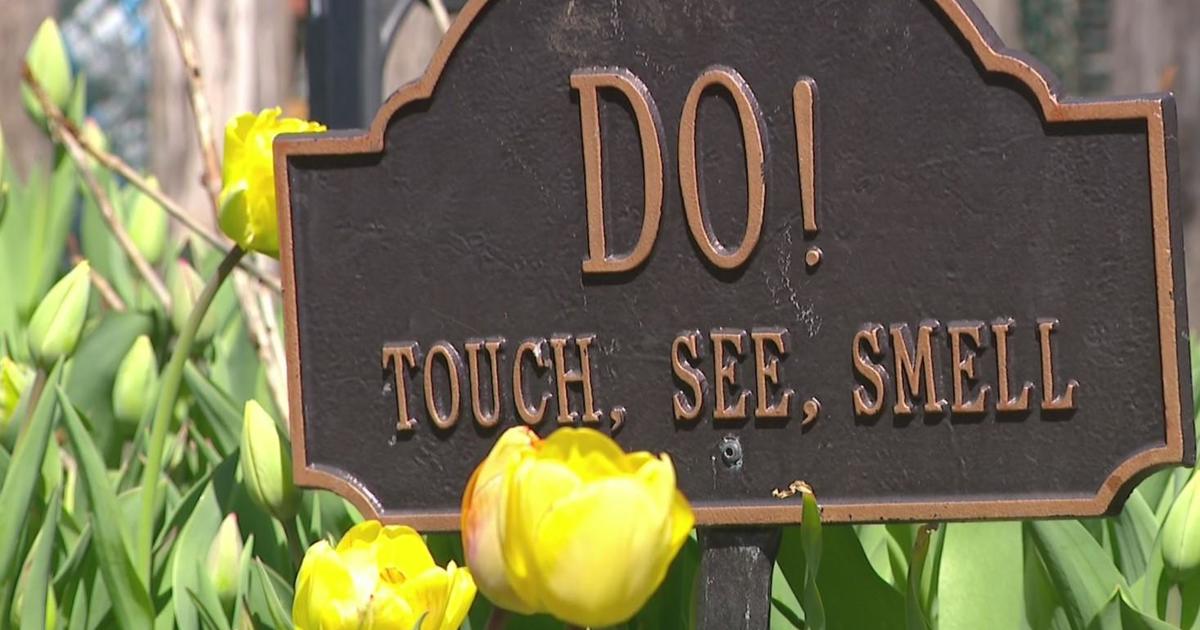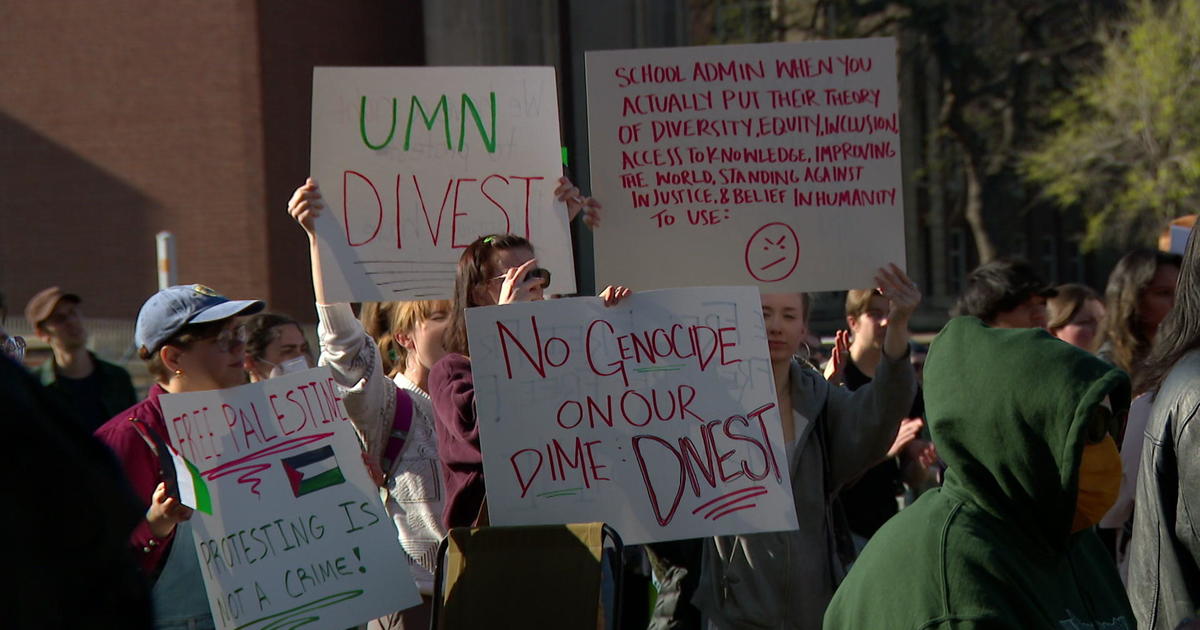'It's Hard To Call The Bottom,' Says Minneapolis Fed's Neel Kashkari
(WCCO) -- All the recent economic news appears to be bad. Retail sales have dropped off a cliff. Most businesses, large and small, are struggling. Some already in-trouble companies have filed for bankruptcy, and many small companies may never reopen. Unemployment set records in April and shows little sign of abating, even as Minnesota's economy and some economies around the country start to reopen. Jerome Powell, Chair of the Federal Reserve, warned last week that a prolonged recession is a legitimate threat.
Federal Reserve Bank of Minneapolis President and CEO Neel Kashkari voiced similar warnings in a recent conversation with with Face the Nation moderator Margaret Brennan. "I think a V-shape recovery is off the table...There's some of the temporary furloughs are becoming permanent job losses. And as you see, small businesses, even here in Minneapolis, we've seen restaurants who have already announced we're not reopening. That it's just too hard. We're just going to close up. That's what makes it a much longer, harder recovery."
The official unemployment number already understates true effect of the virus outbreak on the job market. The reopening of some segments of the local economy may help limit further rises in unemployment as some people go back to work. But as the recovery stretches out, more of those temporary job losses will become permanent.
The length of that recovery largely depends on consumers. The government can allow stores and restaurants to reopen, but people won't show up in significant numbers until they feel safe doing so. And that public confidence in their personal safety depends on the medical community better understanding and controlling the spread of coronavirus. The economic issues can't be addressed until the underlying scientific issues are addressed and effectively communicated to the public.
"The notion of reopening the economy, it's up to all of us," said Kashkari. It's actually not up to the elected leaders when we reopen. It's up to all of us when we feel safe, when we feel safe sending my daughter back to daycare or taking my family out to a restaurant or back to a movie theater. Ultimately, until we have confidence that the medical professionals and the medical infrastructure really has its arm around the virus with a vaccine or with massive widespread testing or an effective therapy, it's hard for me to see going back to normal as we knew it..."
At this moment, so much remains unknown about the coronavirus. That uncertainty will provide significant headwinds for any sort of recovery. As Kashkari put it, "it's hard to call the bottom."
The economy is almost certainly heading into a recession, officially defined as two consecutive quarters of declining gross domestic product. The first quarter saw a 4.8 percent drop, with the economic reaction to the coronavirus pandemic really taking hold in March. Analysts project that the second quarter will be far worse. The Congressional Budget Office estimates the drop could approach an annual rate of 40 percent, making it the worst drop on record. How long the recession lasts remains to be seen, but consumer confidence is low.
The overall economic outlook looks bleak. Short-term problems can become long-term problems if more isn't done to help those who have been hit hard. Fortunately, there are ways the federal government and states can soften the economy's landing.
For Kashkari, "putting money directly in the hands of laid off Americans is... the most direct way to get assistance. And then they will spend the money where they need it. If they need to use the money on rent or they need to use the money on food, they're in the position to make that call rather than the government saying, well, this much for food or this much for rent. I just think money in the pockets of people who have lost their jobs is what we need right now until we can get the healthcare system to catch up and get control of this virus."
The economy may resume its growth in the third quarter of this year if consumers resume some modified version of their pre-coronavirus lives. But it will take many months, if not years to return to where it was before. Likewise, the unemployment rate will remain high for the foreseeable future, until employers feel the need to expand their workforce.
All of this talk of recovery ignores a potential autumn or winter outbreak that experts have seen in other flu-like diseases. Such a scenario, while not inevitable, is certainly possible. And another outbreak could be catastrophic for the economy. In the meantime, until the scientific community learns more about coronavirus, uncertainty will temper any economic recovery.



